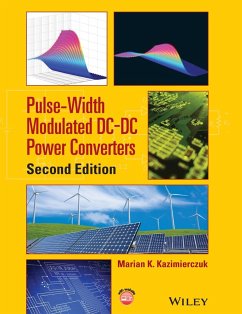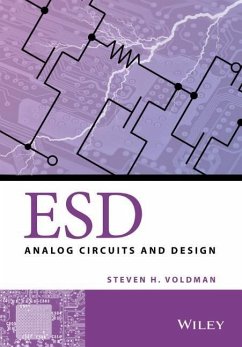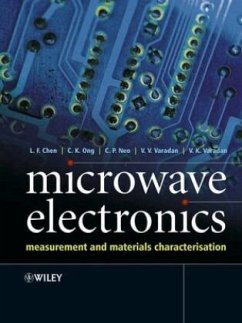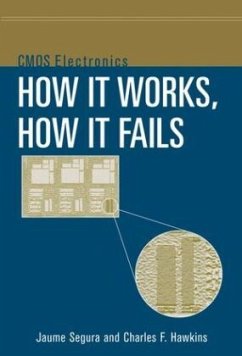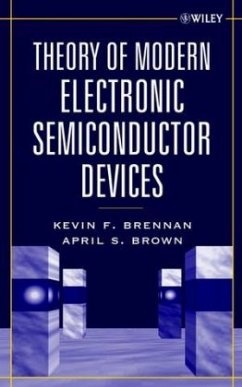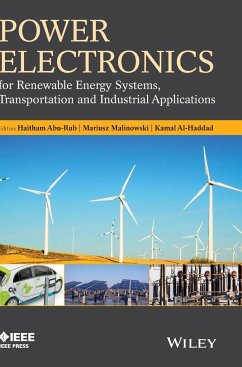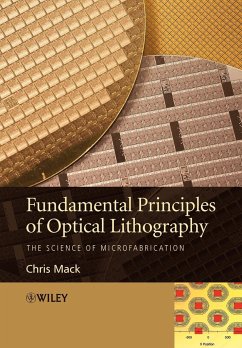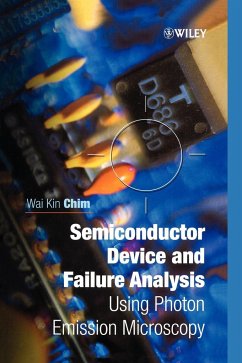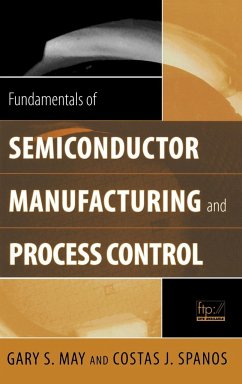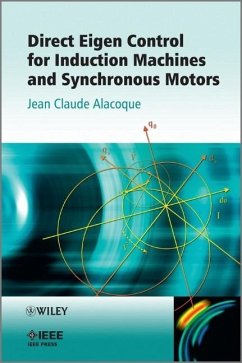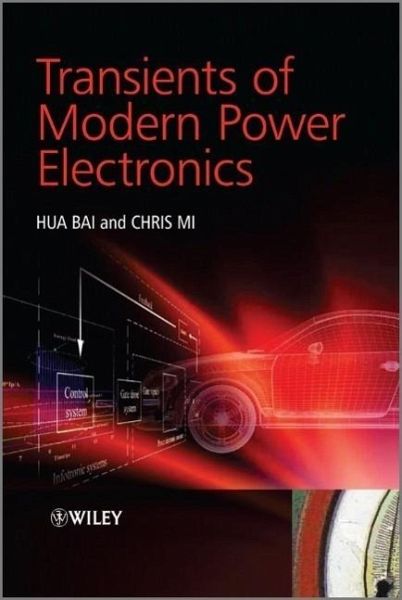
Transients of Modern Power Electronics
Versandkostenfrei!
Versandfertig in über 4 Wochen
130,99 €
inkl. MwSt.
Weitere Ausgaben:

PAYBACK Punkte
65 °P sammeln!
In high power, high voltage electronics systems, a strategy to manage short timescale energy imbalances is fundamental to the system reliability. Without a theoretical framework, harmful local convergence of energy can affect the dynamic process of transformation, transmission, and storage which create an unreliable system.With an original approach that encourages understanding of both macroscopic and microscopic factors, the authors offer a solution. They demonstrate the essential theory and methodology for the design, modeling and prototyping of modern power electronics converters to create ...
In high power, high voltage electronics systems, a strategy to manage short timescale energy imbalances is fundamental to the system reliability. Without a theoretical framework, harmful local convergence of energy can affect the dynamic process of transformation, transmission, and storage which create an unreliable system.
With an original approach that encourages understanding of both macroscopic and microscopic factors, the authors offer a solution. They demonstrate the essential theory and methodology for the design, modeling and prototyping of modern power electronics converters to create highly effective systems. Current applications such as renewable energy systems and hybrid electric vehicles are discussed in detail by the authors.
Key features:
offers a logical guide that is widely applicable to power electronics across power supplies, renewable energy systems, and many other areas
analyses the short-scale (nano-micro second) transient phenomena and the transient processes in nearly all major timescales, from device switching processes at the nanoscale level, to thermal and mechanical processes at second level
explores transient causes and shows how to correct them by changing the control algorithm or peripheral circuit
includes two case studies on power electronics in hybrid electric vehicles and renewable energy systems
Practitioners in major power electronic companies will benefit from this reference, especially design engineers aiming for optimal system performance. It will also be of value to faculty staff and graduate students specializing in power electronics within academia.
With an original approach that encourages understanding of both macroscopic and microscopic factors, the authors offer a solution. They demonstrate the essential theory and methodology for the design, modeling and prototyping of modern power electronics converters to create highly effective systems. Current applications such as renewable energy systems and hybrid electric vehicles are discussed in detail by the authors.
Key features:
offers a logical guide that is widely applicable to power electronics across power supplies, renewable energy systems, and many other areas
analyses the short-scale (nano-micro second) transient phenomena and the transient processes in nearly all major timescales, from device switching processes at the nanoscale level, to thermal and mechanical processes at second level
explores transient causes and shows how to correct them by changing the control algorithm or peripheral circuit
includes two case studies on power electronics in hybrid electric vehicles and renewable energy systems
Practitioners in major power electronic companies will benefit from this reference, especially design engineers aiming for optimal system performance. It will also be of value to faculty staff and graduate students specializing in power electronics within academia.



